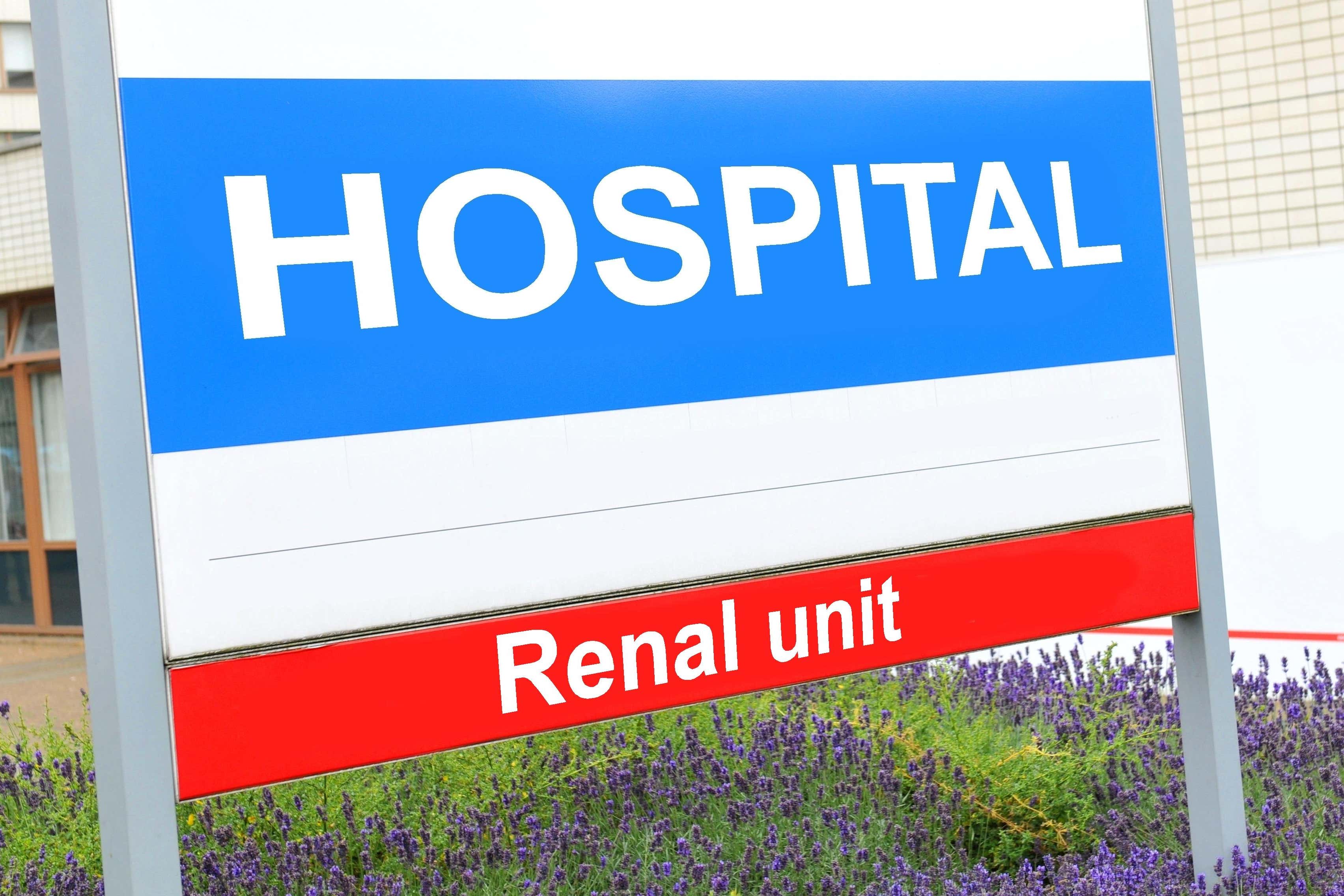NHS payments ‘not reaching’ at-home dialysis patients
NHS hospitals are getting the funds, but a charity has said these are not reaching patients.

Kidney patients are not receiving funds they are entitled to which help with the cost of performing treatments at home, a charity has said.
Patients whose kidneys are not working properly sometimes need to have dialysis treatment – a procedure to remove waste products and excess fluid from the blood when the kidneys cannot perform this function.
This can be done in a number of ways, including patients having dialysis sessions at home.
If patients opt for at-home treatment they are entitled to receive reimbursement from their NHS trust for the additional utility costs incurred by running the equipment – the annual cost estimated to be around £1,000, depending on the type of machine used and the frequency it is needed.
Hospitals receive specific funds from NHS England to cover these reimbursements.
There are too many kidney patients who are eligible for reimbursement but who are not receiving it. Reimbursement is not something they should have to fight for, it should be something all home dialysis patients receive automatically.
But Kidney Care UK has accused hospitals of not passing on the cash to patients in need.
A new report from the charity states that more than a third (37%) of home dialysis patients are not receiving any reimbursement from their local NHS trust and only 29% trusts are reimbursing patients using the appropriate tariff to cover the energy costs.
It said that when patients do receive reimbursements these can “vary hugely” – from £160 a year to £1,040.
Some patients told the charity they were considering stopping home dialysis and instead having treatment in an NHS unit – despite many saying that being able to perform the treatment at home gives them a better quality of life.
It comes as the NHS is pushing ahead with its virtual wards plan with 100,000 patients in England already treated virtually while they are at home or in residential care.
The NHS in England eventually aims to have 50,000 people treated on virtual wards every month.
Kidney Care UK said that when a patient opts for at-home dialysis it can save the NHS around £10,000 per patient per year.
Previous analysis suggests that if 20% of dialysis patients opt for at-home care it could save the NHS £5 million per year.
The charity’s new poll of 1,000 kidney patients, including almost 100 who are using at-home dialysis, found that the majority were concerned about the cost of home dialysis this winter due to the energy cost linked to running the machines.
Many patients had said they turned down their thermostats as a result, which could be putting them at risk, the charity said.
The machines often require being kept at a certain temperature to function properly, it added.
Fiona Loud, policy director at Kidney Care UK, said: “There are too many kidney patients who are eligible for reimbursement but who are not receiving it.
“Reimbursement is not something they should have to fight for, it should be something all home dialysis patients receive automatically.
“Which begs the question: As virtually everywhere has a policy, and we know the Trusts are already receiving the funds to cover the cost of reimbursement for additional utility costs, then why aren’t people getting the money?
“It’s simply not good enough that some Trusts who are reimbursing are either paying below the standard tariff or are not able to say whether they are paying at that rate.
“All NHS Trusts must ensure that they are meeting their reimbursement obligations in full.”
An NHS spokesperson said: “NHS England has ensured that all renal services in England have a reimbursement process in place for adults – and more recently children – for utility costs associated with their home dialysis.
“While Trusts are ultimately responsible, NHS England is working with providers to support this process, monitor progress and signpost to guidance and tools published by groups like the UK Kidney Association, to make sure everyone has fair and equal access.”
Just over 5,000 patients receive home dialysis in the UK.
Bookmark popover
Removed from bookmarks